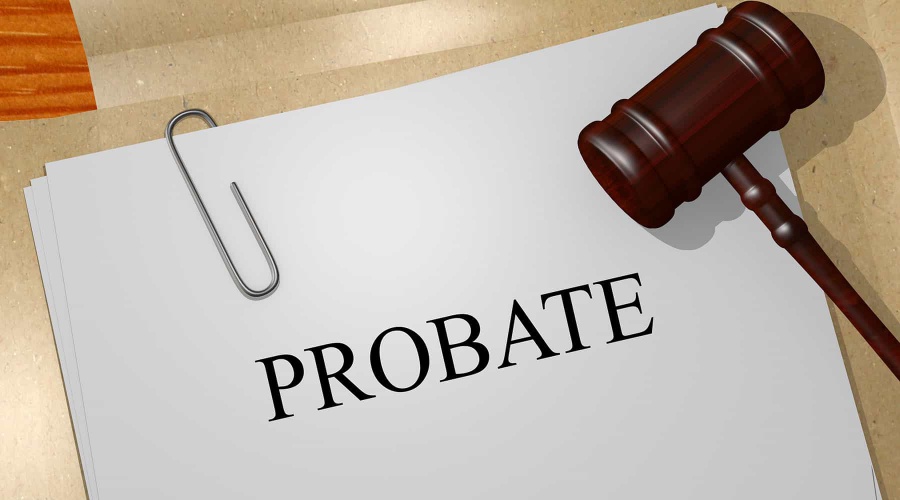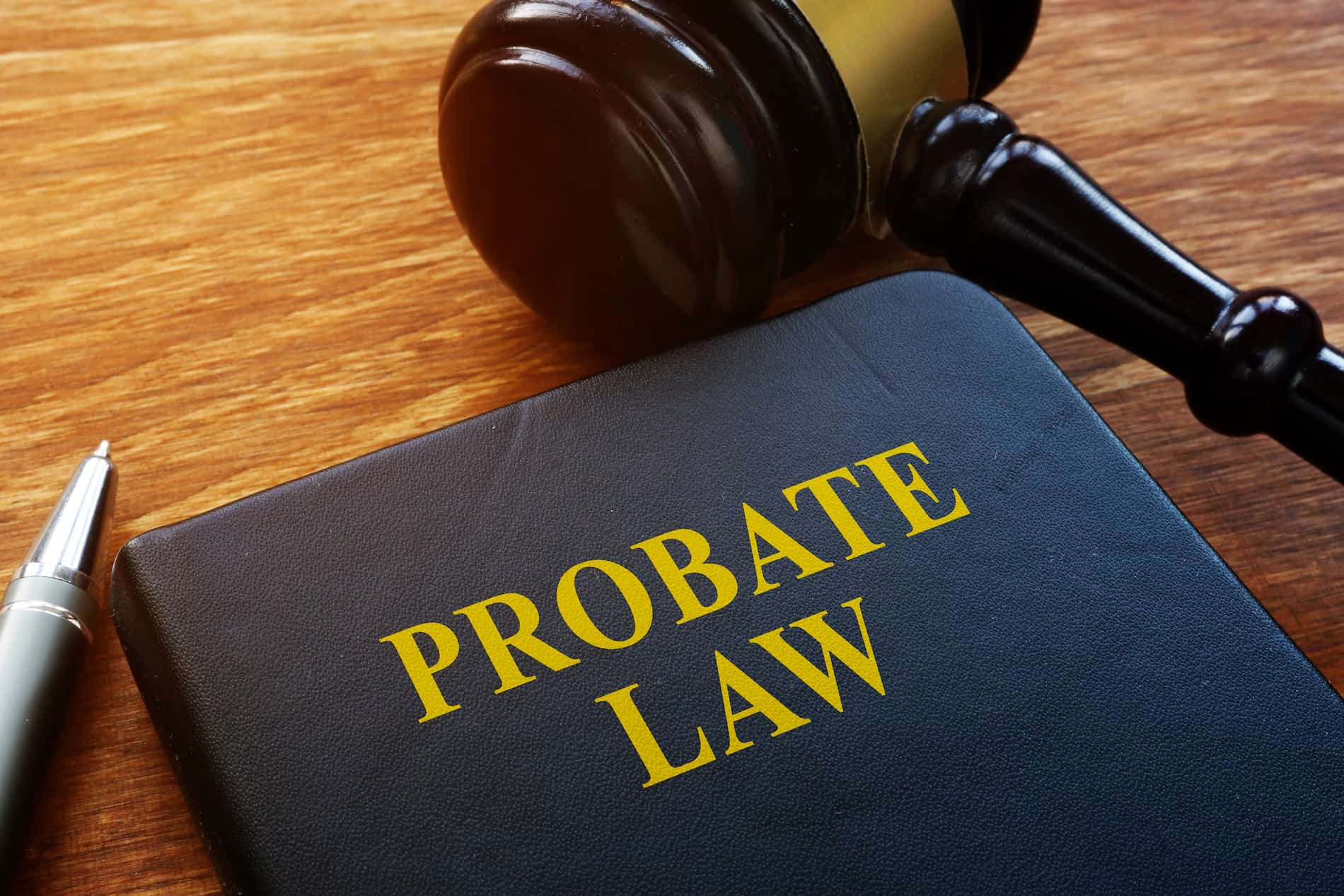When a loved one passes away, their estate—which includes money, property, and possessions—must go through a legal process known as probate. Estate administration can be overwhelming for family members dealing with grief, as it involves navigating complex laws, filing paperwork, and resolving disputes. This is where a probate lawyer plays a vital role. A probate lawyer not only ensures that the process is handled correctly but also provides the guidance and support families need during such a difficult time. In this blog, we will explore in detail the role of a probate lawyer in estate administration and why their guidance is essential.
Contents
Understanding Probate and Estate Administration
Probate is the legal process of validating a deceased person’s will, settling their debts, and distributing their assets to beneficiaries. Estate administration is the broader term that encompasses managing all aspects of the deceased person’s estate, including probate if required. While some small estates may avoid formal probate, many require court involvement to ensure assets are properly transferred.
This process can be complicated, with state-specific rules and strict deadlines. A probate lawyer helps families understand what probate entails, whether their situation requires it, and how to proceed efficiently. By providing clarity, they reduce confusion and stress during an already difficult time. Ensure a smooth and legally compliant estate administration with the guidance of an experienced probate lawyer Los Angeles.
Initial Guidance and Assessment
One of the first roles of a probate lawyer is to assess the estate and determine the appropriate legal steps. They review whether the deceased left a valid will and explain how that will impacts the administration process. If no will exists, the lawyer clarifies how state intestacy laws apply, which dictate how assets are distributed among surviving relatives.
This initial assessment is crucial because it sets the foundation for the entire process. Without professional guidance, families may make errors or overlook important details, leading to costly delays. A probate lawyer ensures that the estate starts on the right path, giving families peace of mind.

Filing the Necessary Court Documents
Probate involves a significant amount of legal paperwork, including petitions to open the probate case, notices to creditors, and inventories of assets. Missing deadlines or filing incorrect documents can delay the process or result in legal complications. A probate lawyer prepares, reviews, and files all necessary paperwork with the probate court, ensuring compliance with state laws and procedures.
By handling these legal formalities, the lawyer relieves the executor or administrator of stressful administrative burdens, allowing them to focus on supporting the family during their loss.
Assisting the Executor or Administrator
The executor (if named in a will) or court-appointed administrator (if there is no will) is responsible for managing the estate throughout the probate process. This role comes with legal obligations, and mistakes can lead to personal liability. A probate lawyer advises and supports the executor or administrator in fulfilling their duties, which include:
-
Collecting and safeguarding estate assets
-
Paying outstanding debts and taxes
-
Notifying creditors and beneficiaries
-
Filing required court documents and reports
-
Distributing assets according to the will or state law
By guiding the executor or administrator through each step, a probate lawyer ensures the estate is handled properly and efficiently.
Handling Debts and Taxes
One of the more complex aspects of estate administration is dealing with debts and taxes. Creditors must be notified, and valid claims must be settled from estate funds before assets can be distributed to beneficiaries. Additionally, the estate may owe income taxes, estate taxes, or other liabilities.
A probate lawyer ensures that all financial obligations are met in compliance with the law. They help calculate taxes owed, file necessary tax returns, and negotiate with creditors if disputes arise. By handling these matters accurately, the lawyer protects the executor from potential legal consequences and ensures beneficiaries receive their rightful inheritance.
Managing Disputes and Challenges
Unfortunately, disputes often arise during estate administration. Family members may disagree over the validity of the will, the distribution of assets, or the executor’s actions. These conflicts can become emotionally charged and difficult to resolve without professional guidance.
A probate lawyer serves as both a mediator and advocate in such situations. They work to resolve disputes through negotiation and, if necessary, represent clients in probate litigation. Their goal is to protect the estate’s assets, uphold the law, and ensure that the process moves forward fairly.
Distribution of Assets to Beneficiaries
Once debts and taxes are settled, the final step in estate administration is distributing assets to the beneficiaries. This stage may seem straightforward, but it must be handled carefully to comply with the will’s instructions and legal requirements. A probate lawyer ensures that the distribution process is accurate, transparent, and legally binding.
They also address potential complications, such as transferring titles to real estate, handling jointly owned property, or managing assets left to minors. By managing these details, the lawyer ensures beneficiaries receive their inheritance without unnecessary delays or disputes.
Providing Legal Protection and Peace of Mind
Probate lawyers do more than just manage paperwork and legal procedures—they provide peace of mind. Executors and family members often worry about making mistakes that could expose them to liability or prolong the process. Having a probate lawyer ensures that every step is legally sound and that the estate is administered fairly and efficiently.
This professional guidance reduces stress for grieving families, allowing them to focus on healing while knowing that their loved one’s estate is being handled properly.
Why Hiring a Probate Lawyer Matters
While it is possible to navigate probate without an attorney in some cases, the risks often outweigh the potential savings. Probate laws are complex, and mistakes can be costly. Hiring a probate lawyer offers several advantages:
-
Guidance: Knowledge of probate laws and procedures ensures accuracy.
-
Efficiency: Streamlined processes save time and reduce delays.
-
Protection: Legal safeguards prevent personal liability for executors.
-
Conflict Resolution: Professional handling of disputes avoids costly litigation.
-
Support: Families receive compassionate guidance during a difficult time.
For most estates, especially those with significant assets, debts, or disputes, working with a probate lawyer is a wise decision that protects both the executor and the beneficiaries.
Final Thoughts
The role of a probate lawyer in estate administration cannot be overstated. From the initial assessment and court filings to handling debts, resolving disputes, and distributing assets, their guidance is invaluable in ensuring a smooth and legally compliant process. Beyond the technicalities, probate lawyers provide support and peace of mind to families navigating one of life’s most challenging experiences.
If you are facing the responsibility of administering an estate, consider seeking the guidance of an experienced probate lawyer. Their knowledge and dedication can make all the difference in protecting your loved one’s legacy and ensuring that the estate is handled with care, fairness, and respect.








